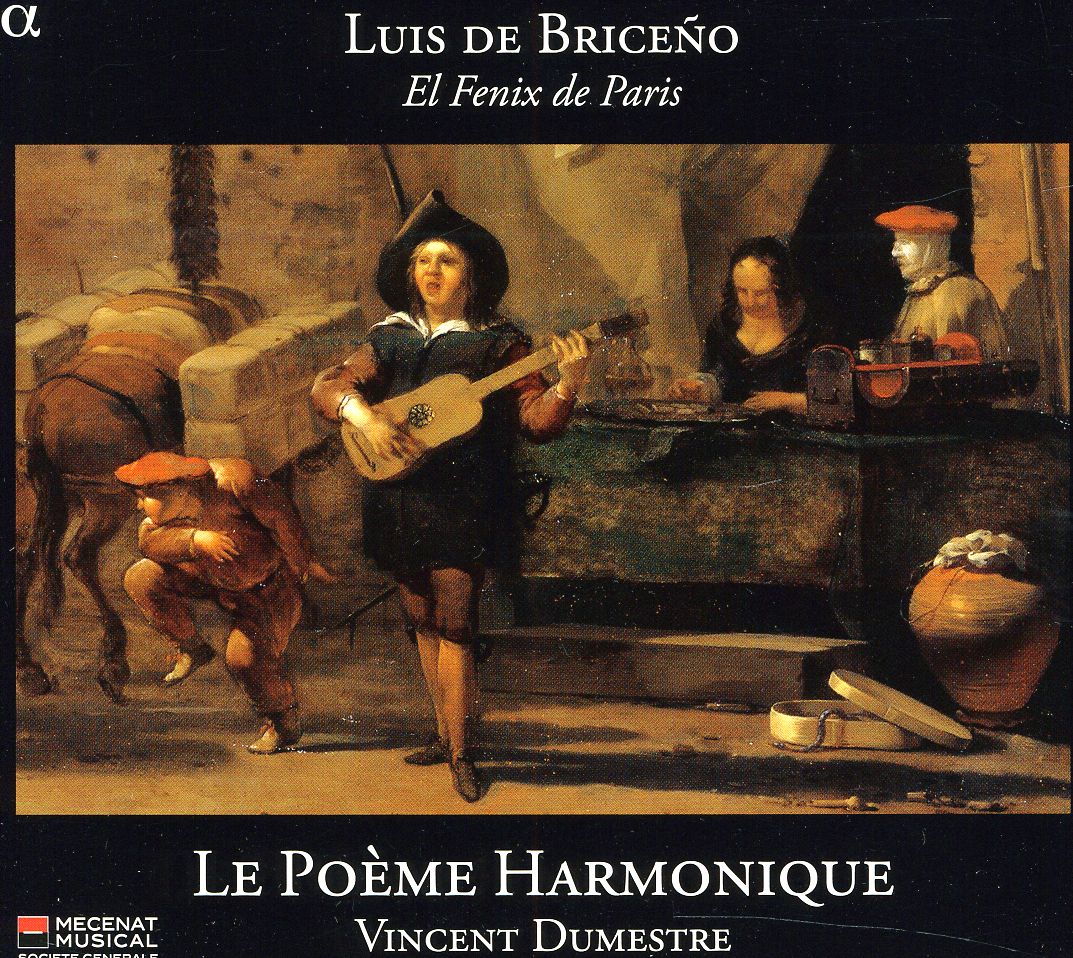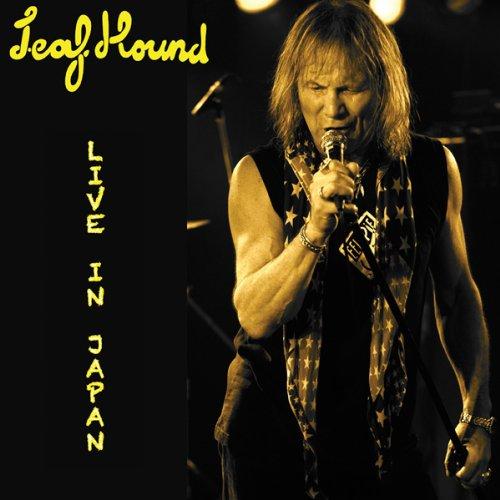
description
ry from the acclaimed Indigenous New Zealand writer that U.S. Poet Laureate Joy Harjo calls, "One of the most startling and original poets of her generation." Tayi Tibble returns on the heels of her incendiary debut with a bold new follow-up. Barbed and erotic, vulnerable and searching, Rangikura asks readers to think about our relationship to desire and exploitation. Moving between hotel lobbies and all-night clubs, these poems chronicle life spent in spaces that are stalked by transaction and reward. "I grew up tacky and hungry and dazzling," Tibble writes. "Mum you should have tied me/to the ground./Instead I was given/to this city freely." Here is a poet staking out a sense of freedom on her own terms in times that very often feel like end times. Tibble's range of forms and sounds are dazzling. Written with Māori moteatea, purakau, and karakia (chants, legends, and prayers) in mind, Rangikura explores the way the past comes back, even when she tries to turn her back on it. "I was forced to remember that, /wherever I go, /even if I go nowhere at all, /I am still a descendent of mountains." At once a coming-of-age and an elegy to the traumas born from colonization, especially the violence enacted against indigenous women, Rangikura interrogates not only the poets' pain, but also that of her ancestors. The intimacy of these poems will move readers to laughter and tears. Speaking to herself, sometimes to the reader, these poems arc away from and return to their ancestral roots to imagine the end of the world and a new day. They invite us into the swirl of nostalgia and exhaustion produced in the pursuit of an endless summer. ("My heart goes out like an abandoned swan boat/ghosting along a lake"). They are a new highpoint from a writer of endless talent.
member goods
No member items were found under this heading.
listens & views

PIANO CONCERTO 1 / VARIATIONS ...
by KARAJAN / TCHAIKOVSKY / RICHTER / VPO
COMPACT DISCout of stock
$12.99
Return Policy
All sales are final
Shipping
No special shipping considerations available.
Shipping fees determined at checkout.






